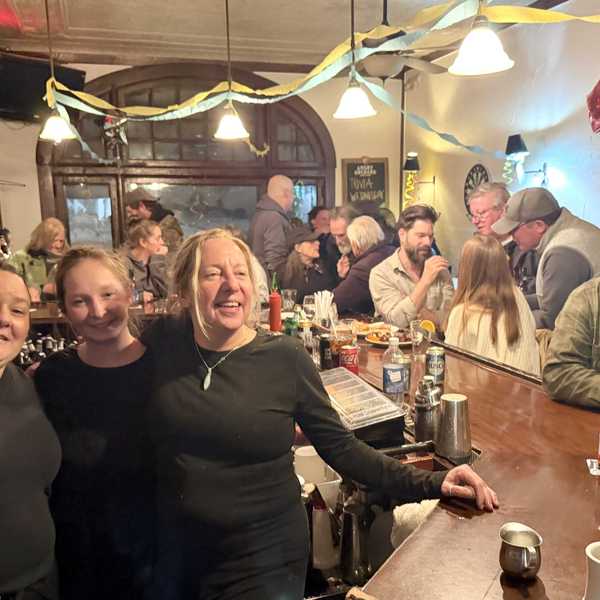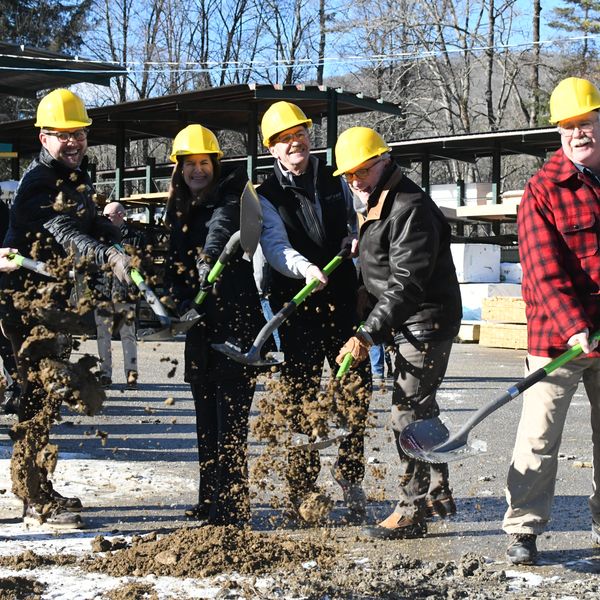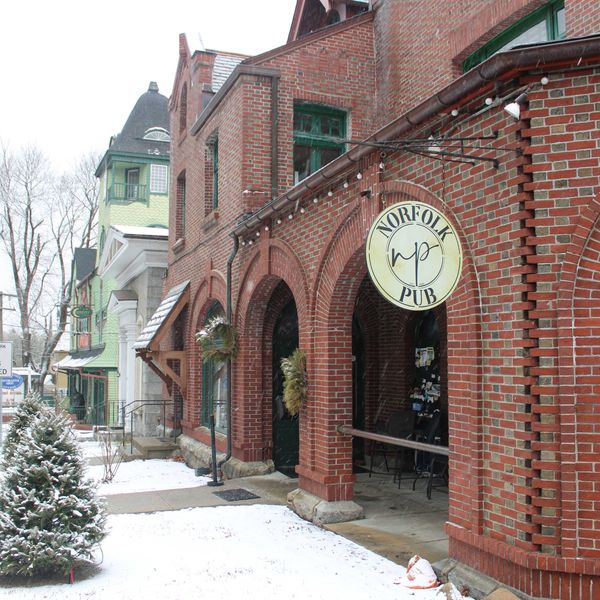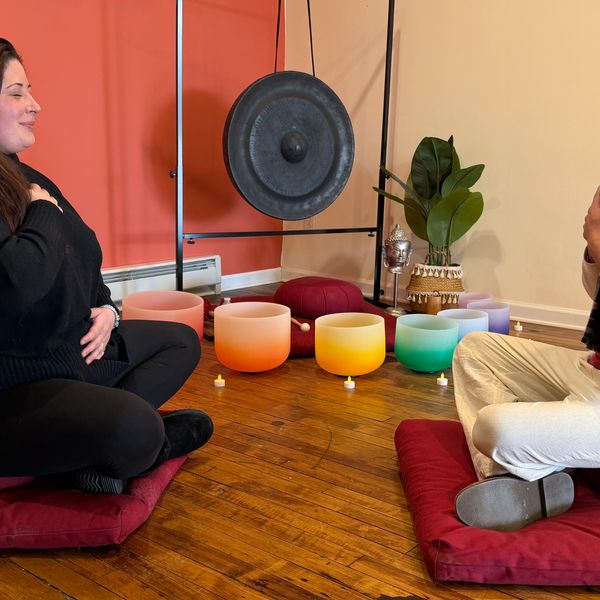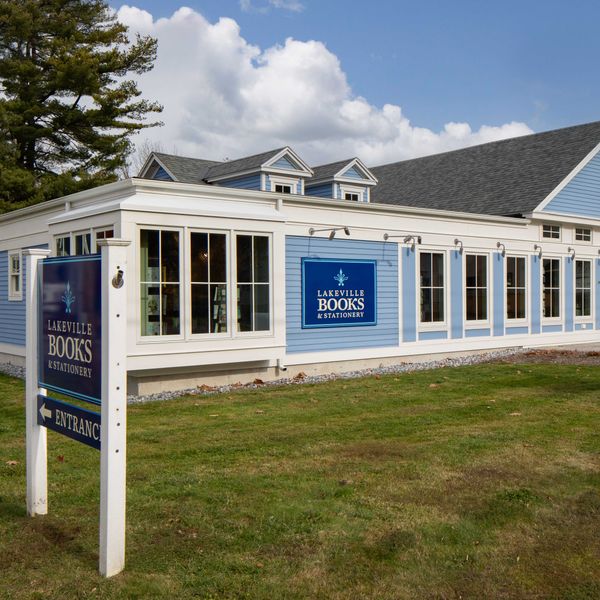Innovation drives manufacturers’ success on a local, global scale
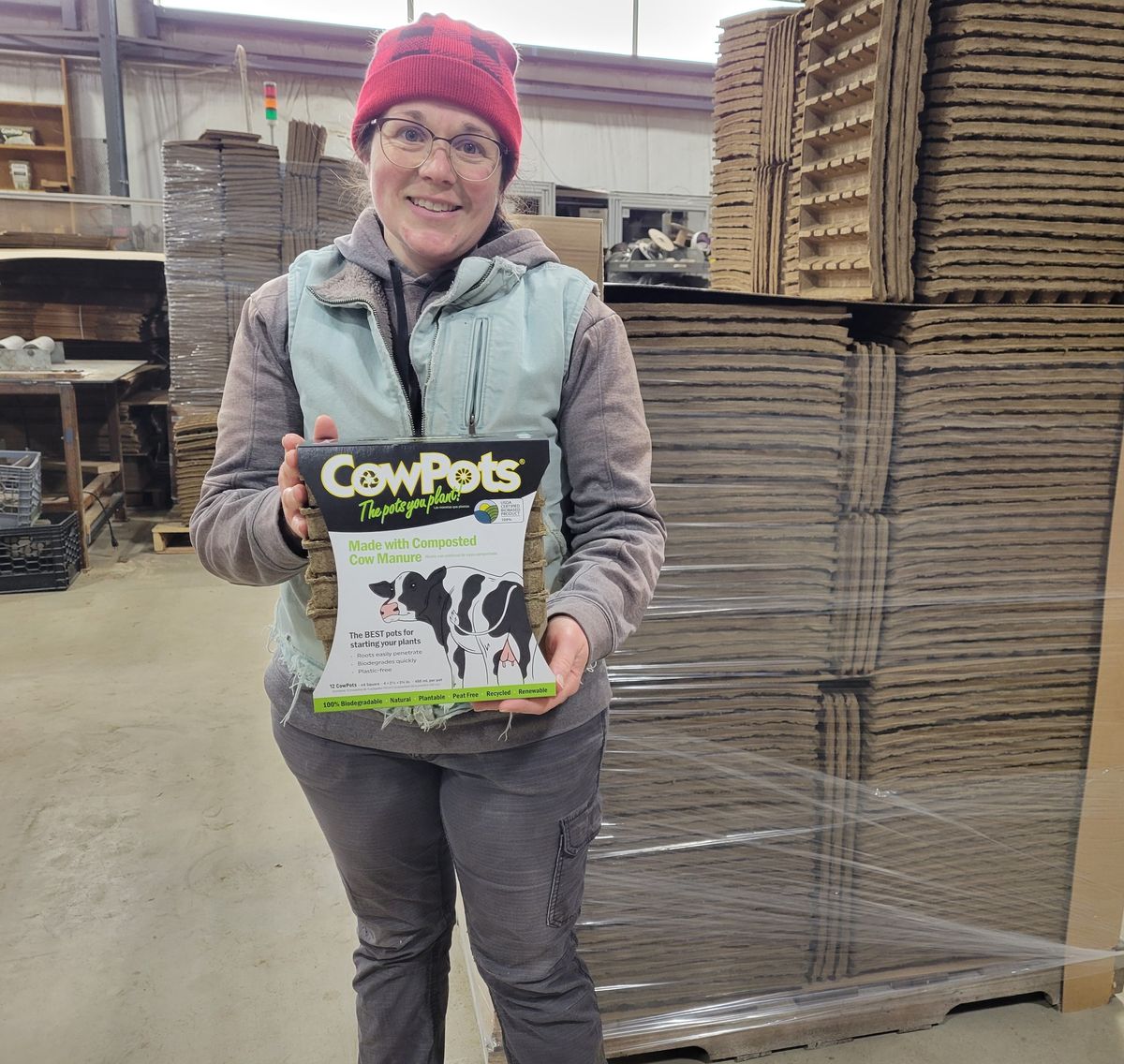
Amanda Freund oversees the CowPots manufacturing operation at her family’s farm in East Canaan. Stacked behind her is a pallet of the company’s newest product: seed starter trays.
Debra A. Aleksinas

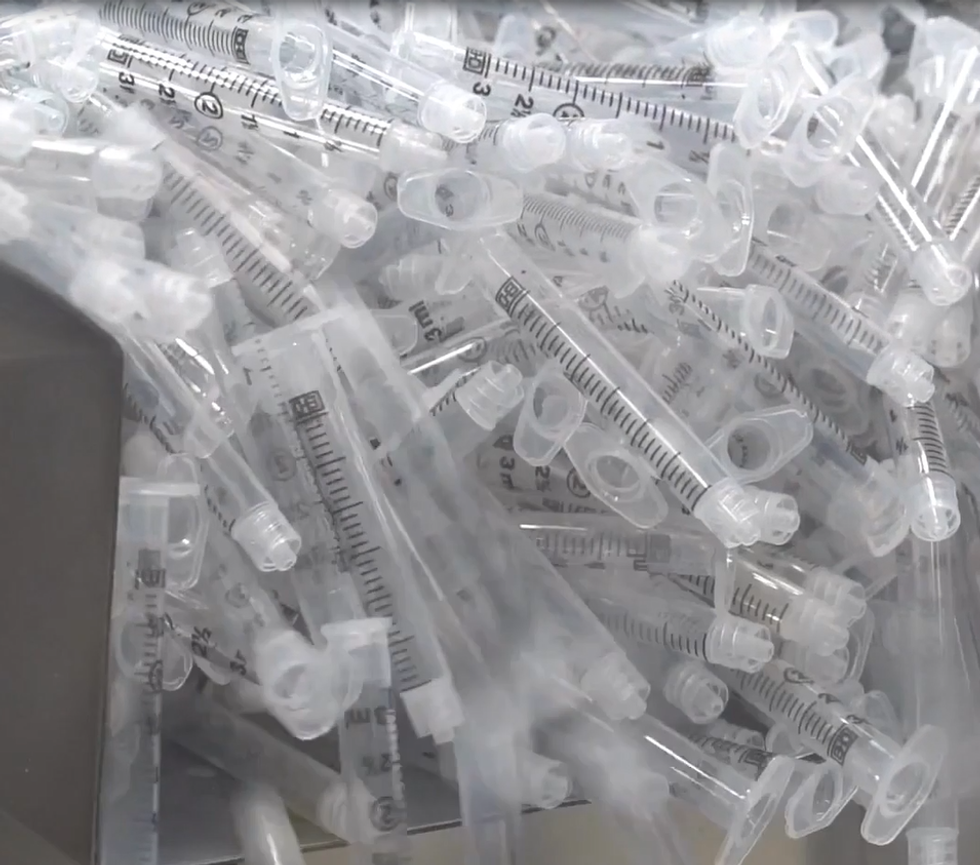
 Steve Furth is the plant manager at ITW Seats & Motion Division in Lakeville, which manufactures automobile headrest guides for Ford and Toyota. Debra A. Aleksinas
Steve Furth is the plant manager at ITW Seats & Motion Division in Lakeville, which manufactures automobile headrest guides for Ford and Toyota. Debra A. Aleksinas